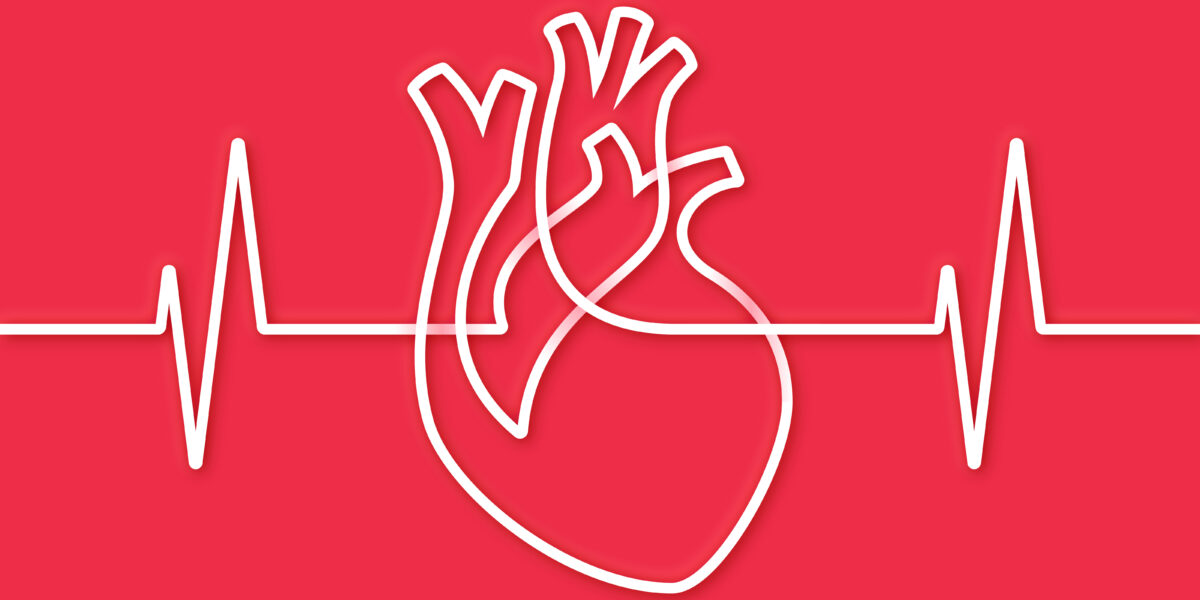Login
Heart Disease affects Women
In fact, according to the Centers for Disease Control (CDC), over the past decade heart disease has affected around the same number of women as it did men. As the leading cause of death for women in the US, it affects 1 in 4 females and can even strike when there are no previous symptoms.
As experts in all things related to heart disease and women’s health, we are here to advise, support and treat those who are at risk in a sympathetic, understanding and effective way.

Call 302-623-1929 to schedule an appointment.
Risks and Symptoms
Programs in the Community
ChristianaCare works hard to raise awareness of this significant public health issue. Through community education, lectures and targeted programs that are teaching women to recognize the risk factors for heart disease in themselves and others, we hope to reduce the incidence of heart disease among women in our community.
For women and their families, our heart health programs include:
Find Your Provider
Related Content
Useful Links
-
Free Heart & Vascular Risk Assessment -
ChristianaCare Vascular Specialists -
Smoking and Heart Disease -
Heart Failure Information -
Coronary Heart Disease
Locations
Christiana Hospital
4755 Ogletown-Stanton Road
Newark, DE 19718

.webp/_jcr_content/renditions/original)

